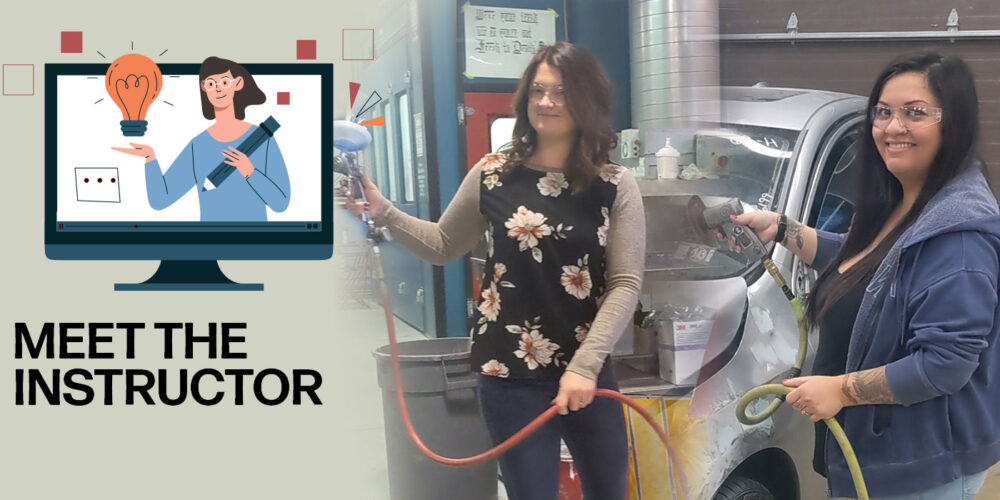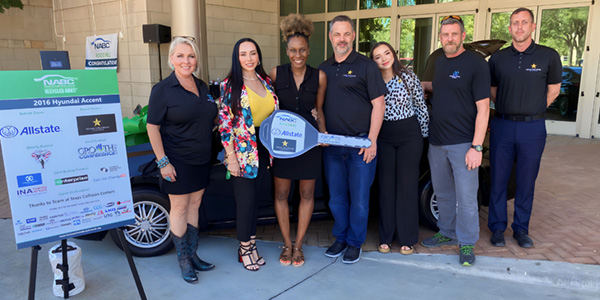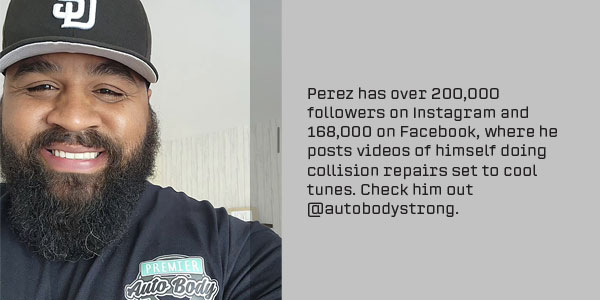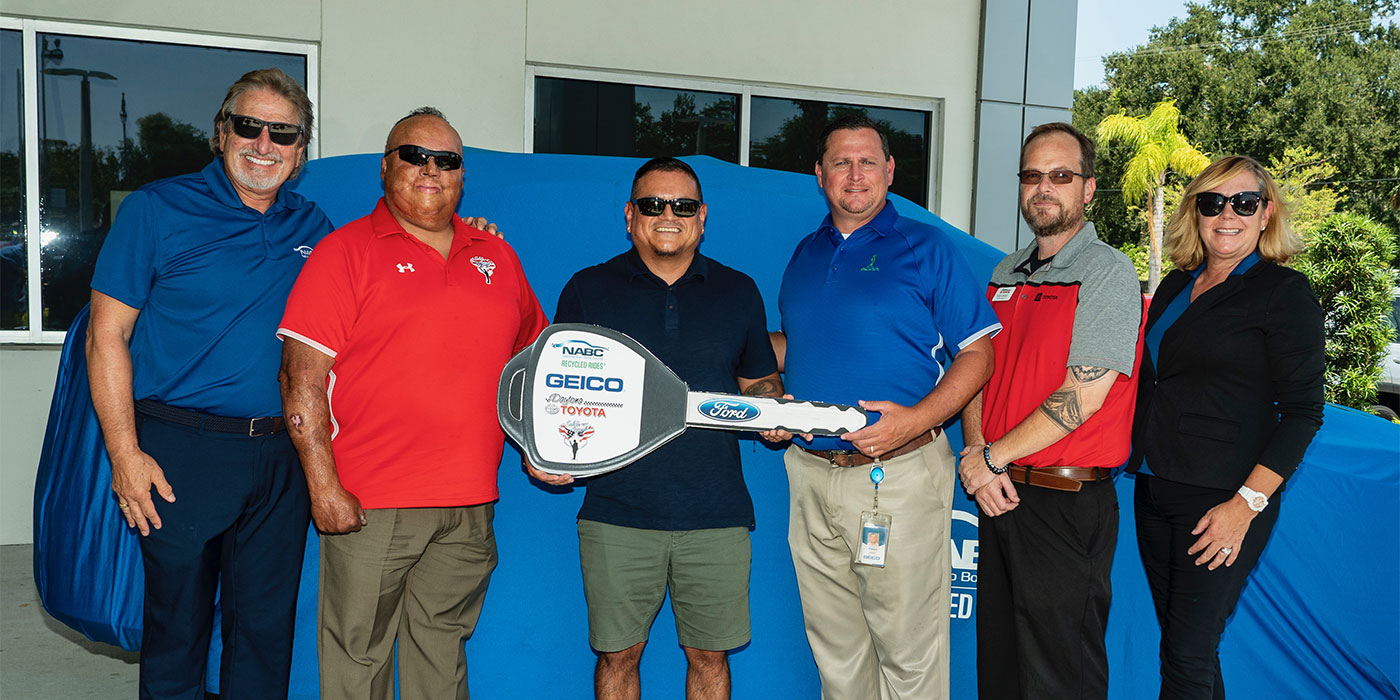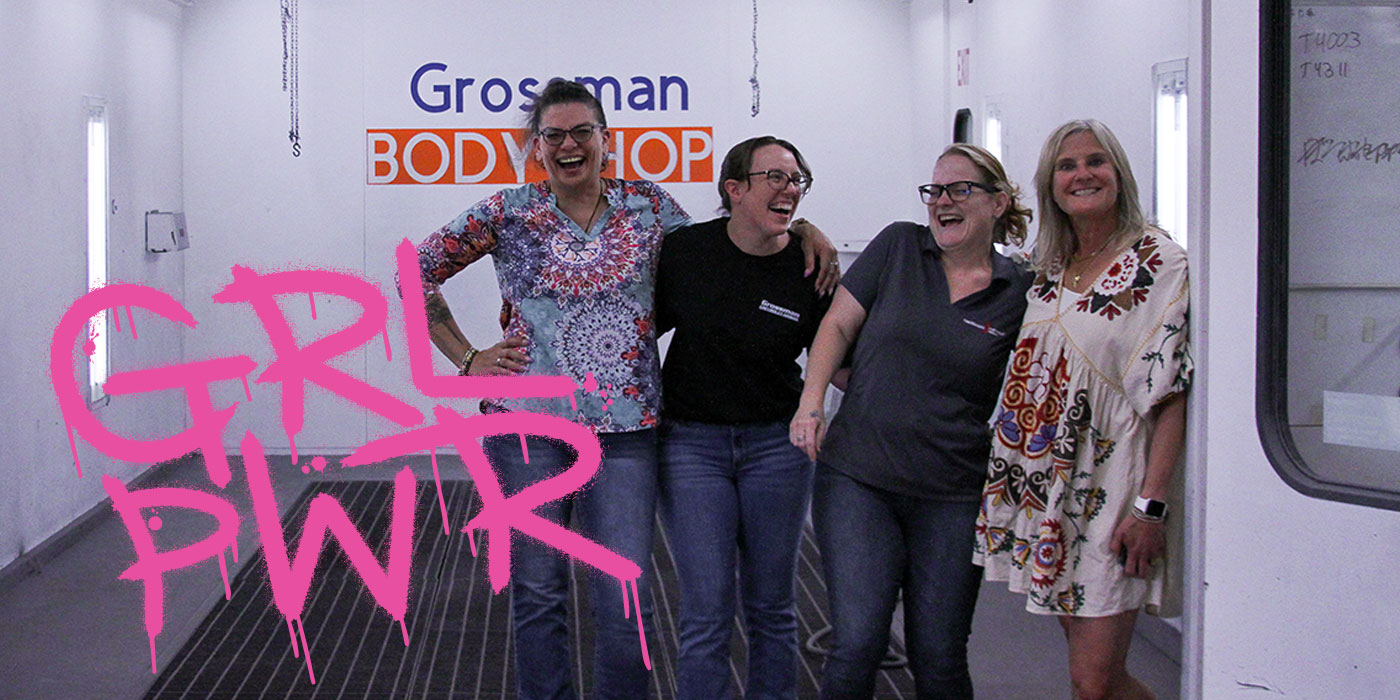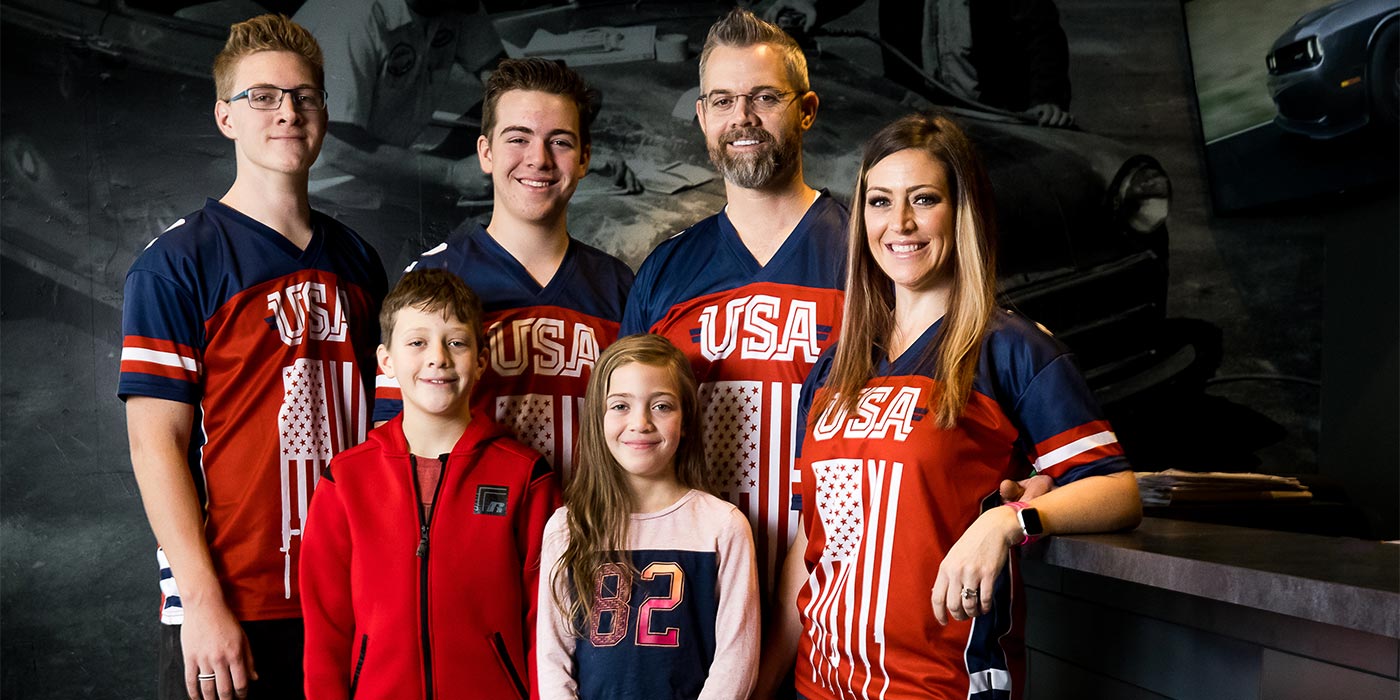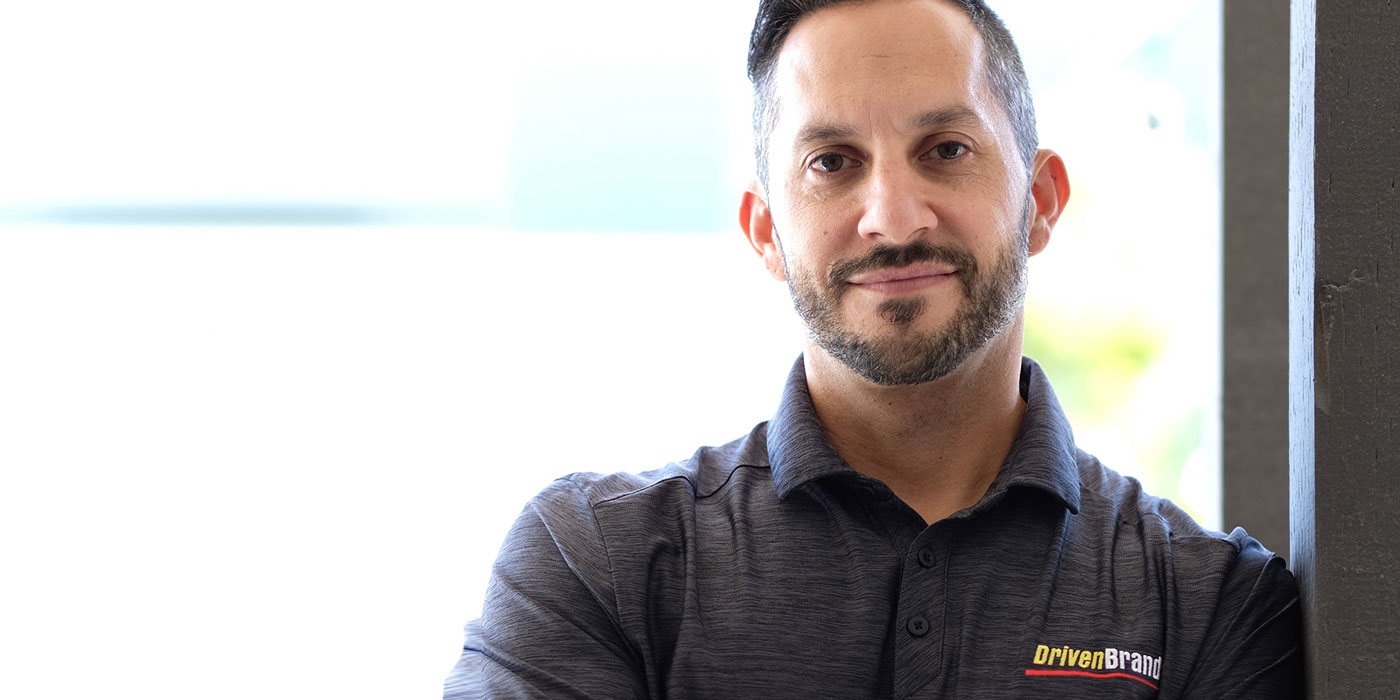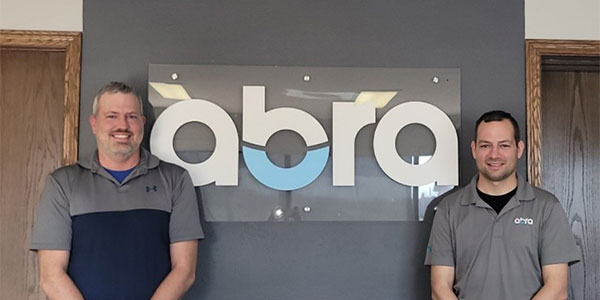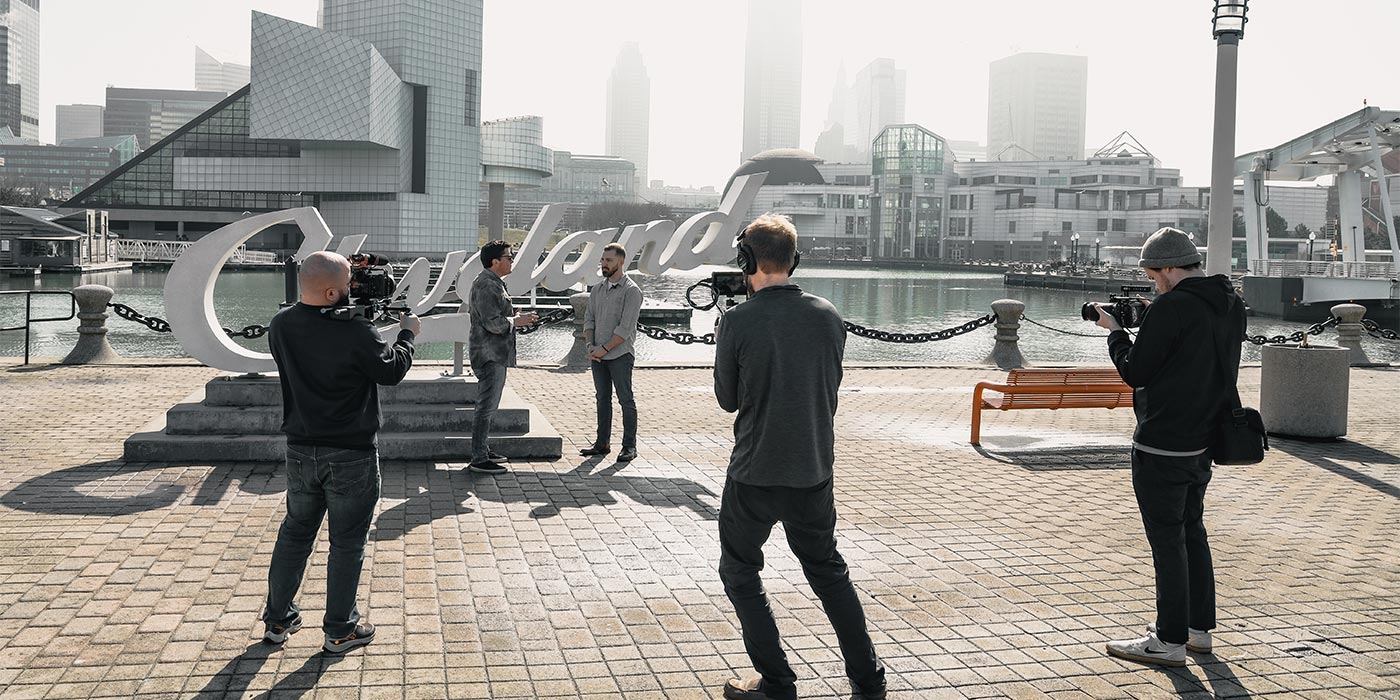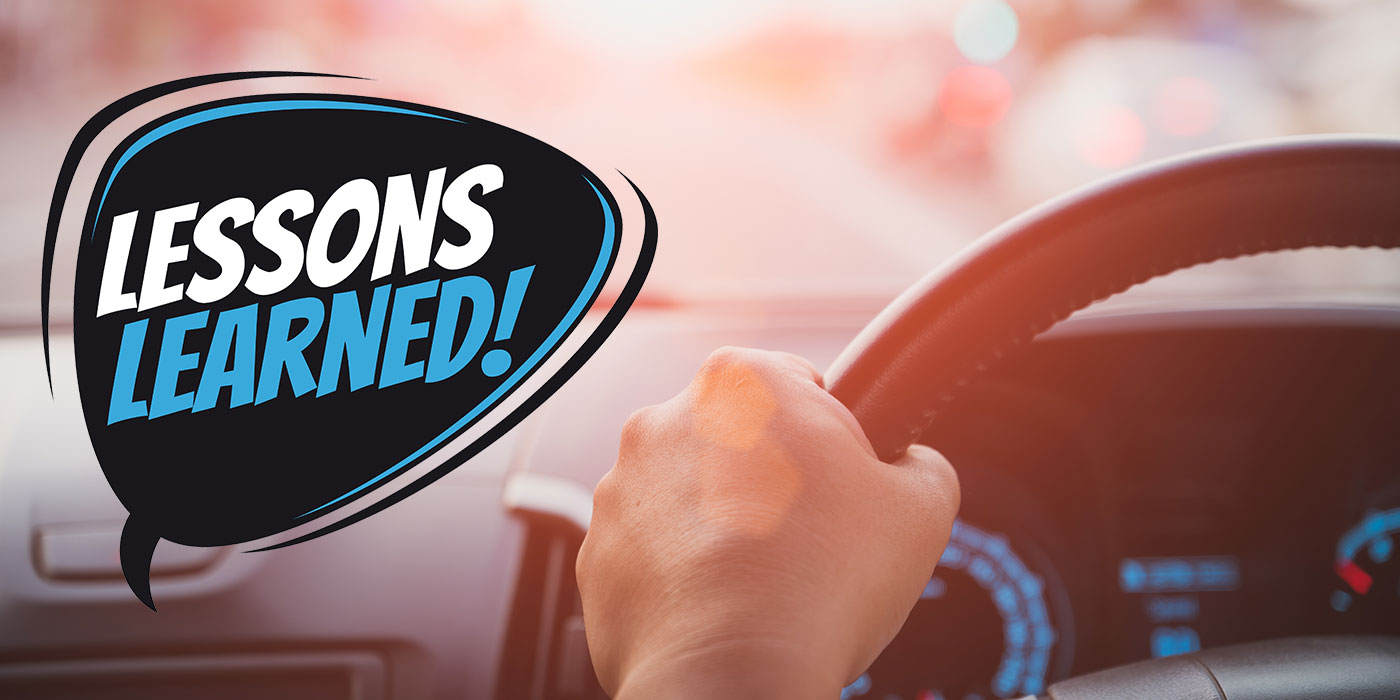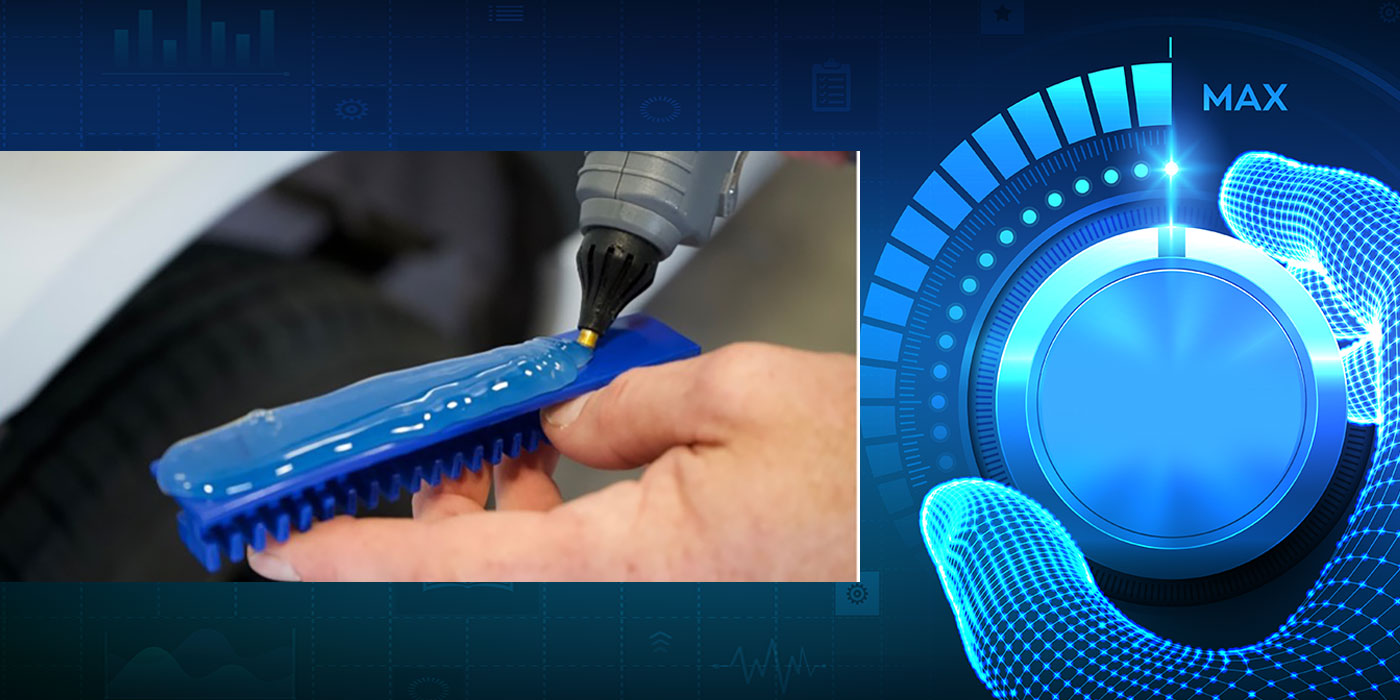“Our History is Our Strength!” is the theme for this year’s National Women’s History Month. It’s appropriate, given that Amanda Levine and Deana Jones will no doubt add to the legacy of women’s involvement in the collision repair industry — and in fact have already made history in Maryland.
Levine is the automotive refinishing instructor and Jones is the collision repair technology teacher at the Center for Applied Technology North in Anne Arundel County, Md., and they work together to produce technicians for their county and beyond. Having two teachers dedicated to collision allows the school to offer a more focused approach. And the fact that both instructors are female makes it a first for the school’s automotive programs.
A Lifelong Avocation
Levine has been a part of the collision repair industry her entire life, working as a head painter and estimator and, since 2014, a teacher. Prior to that, she was a huge supporter of the Maryland State Skills-USA competition and chaired the collision competition.
Jones also has a long history in the industry, starting as a student in the very classroom environment that she now teaches in. She graduated from the collision repair program in 2012, competed at the state level at SkillsUSA and went on to be a parts advisor and estimator at two local BMW dealership collision centers before returning to the teaching job she was truly called to do.
Both Levine and Jones have a “career exploration” class with an enrollment of 16 students. Levine has a Level 1 program with 16 kids, a Level 2 with 12 and a Level 3 for the first time this year with one student. Jones has a Level 1 with 13 students and a Level 2 with 12. Out of all the students enrolled, there are four female students. Their curriculum is a mix of the I-CAR PDP EE and the Goodheart-Willcox Auto Collision Repair and Refinishing textbook. They also intertwine a mix of life skills, including practicing for an interview, writing a resume, employability skills and financial literacy. The students are required to have the appropriate dress on (safety shoes, work clothes, safety glasses, etc.) as soon as they enter the class environment, put their phones away and treat the class as if it were a job. These habits are encouraged and supported by a portion of their final grade relying on demonstrating good work ethic and habits.
Obstacles
When asked about obstacles, Levine and Jones are consistent in their answer. Levine “wishes that the shops knew how the vo-tech process worked and had a plan for students entering the workforce.” In her experience, her students have not always had the experience at shops that she would have wanted for them. This seems to be the same sentiment from most instructors across the industry. There are a lot of repair facilities that are involved with and very supportive of the programs across the country, but if the industry is to meet the demand of technicians going into the future, Levine and Jones agree it takes a village — or an entire industry.
Both Levine and Jones are encouraged by legislation that was passed in 2021, “The Blueprint for Maryland’s Future,” a program that will add funding to vocational programs and focus on directing students down a wider variety of paths to their futures. Although that makes both women hopeful for the future, they’re still struggling with the increased costs in running a successful program. Levine says their biggest cost remains the consumables used throughout the year. With a 6% quarterly increase followed by a 9% increase, keeping costs down is a major focus. They’ve held an annual community car show as well as other fundraisers throughout the year to help offset some of the costs. Both would like to see their advisory board continue to grow and be even more involved in the program. Levine adds that people like Chuck Lohrfink of B&L Sales and companies like National Coatings and Criswell Collision Center of Annapolis have continued to be their biggest supporters. She also participates in a group that has recently come together to help bring awareness to what local shops can do to assist in a program to keep the momentum that they start going.
An Inspiration
Having known both Levine and Jones since they were teenagers, it has been a huge privilege for me to watch these two amazing young women transition into the teachers that they are today. Having had the opportunity to watch Jones compete in the SkillsUSA competition and see her career path as well as her love for the industry grow over time has been inspirational to me. They both make a huge difference to the kids in their programs and encourage them to explore a path that could provide for their future self, family and dreams. I know firsthand what a teacher who cares can do for a child who is looking to find their path: Levine was my daughter’s teacher in automotive refinishing and helped shape her into the person she is today. My daughter is 22 and still in the industry and is just one of many success stories you can find when you speak to past students of both trailblazing women.

